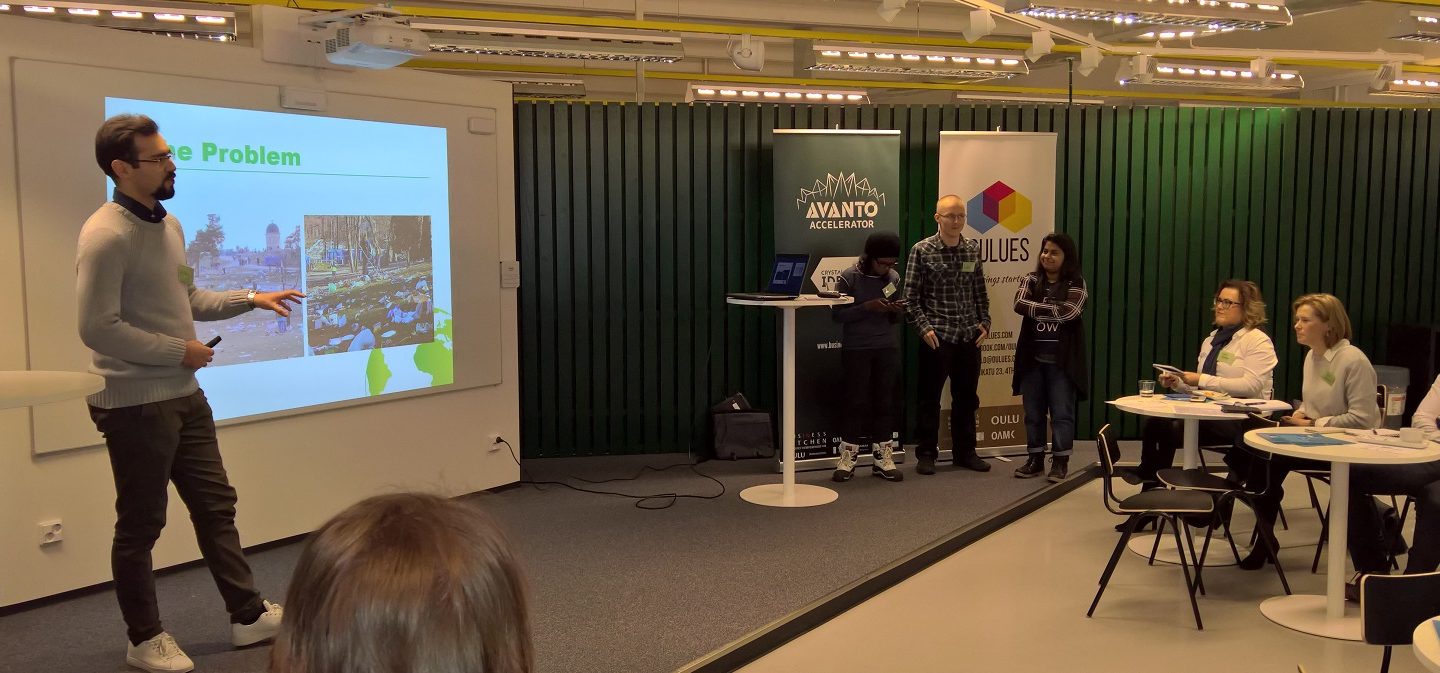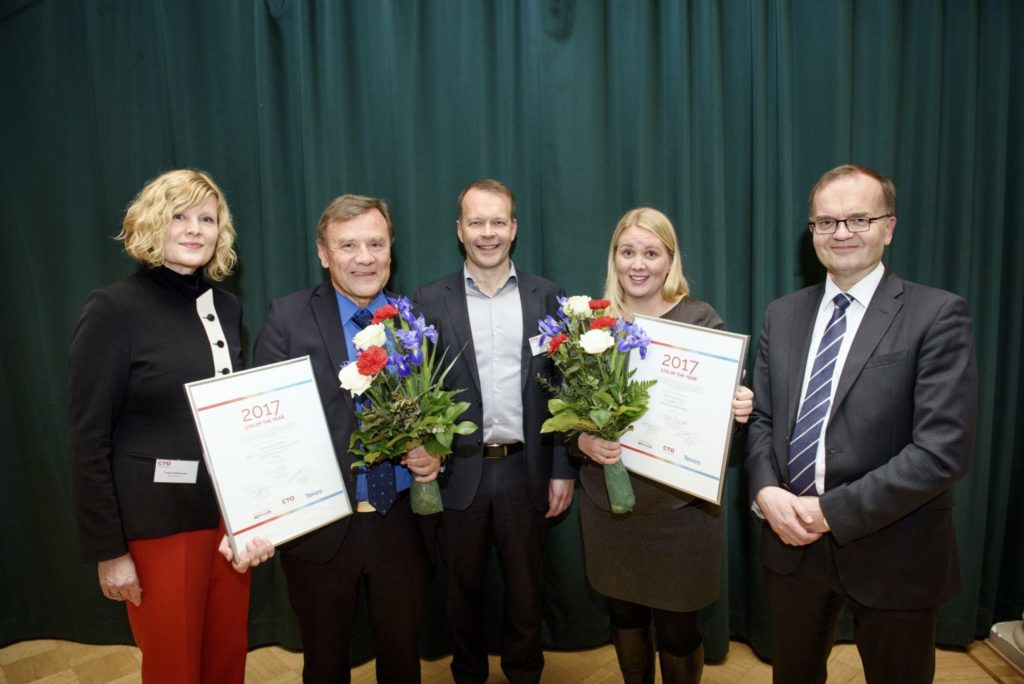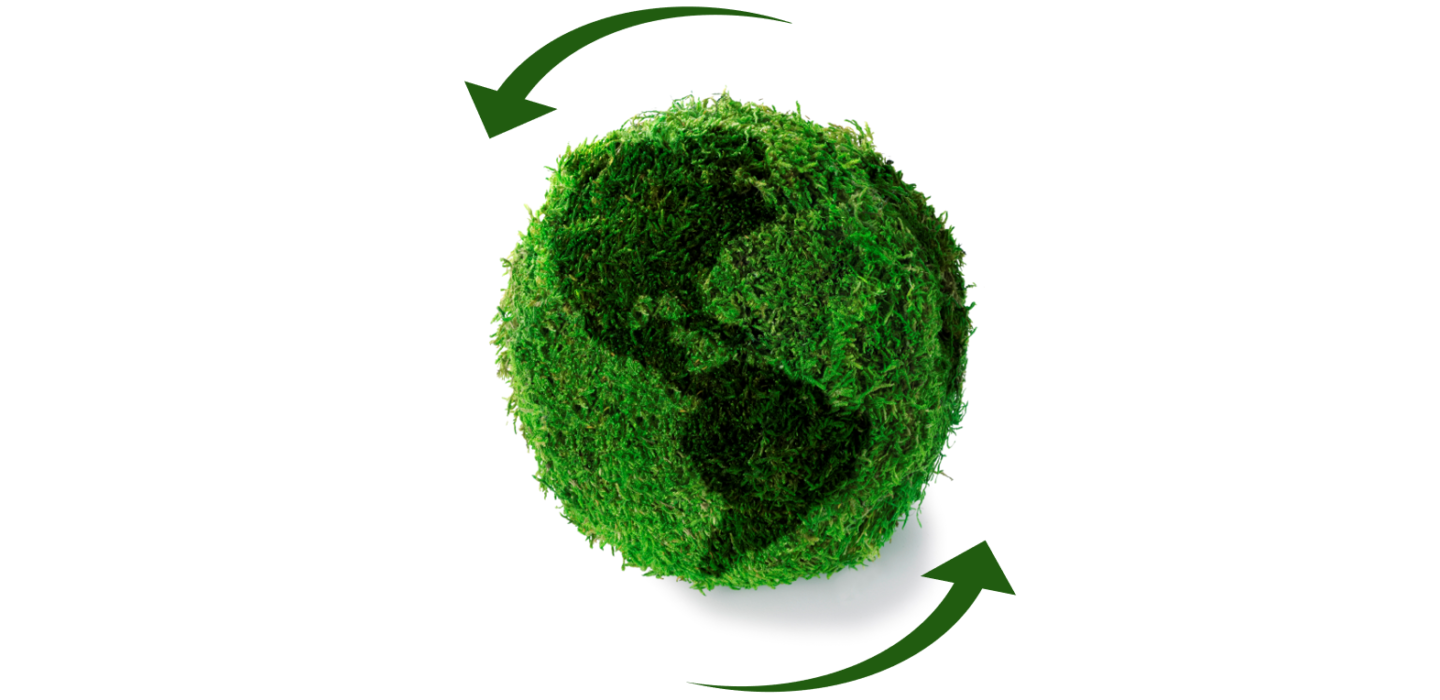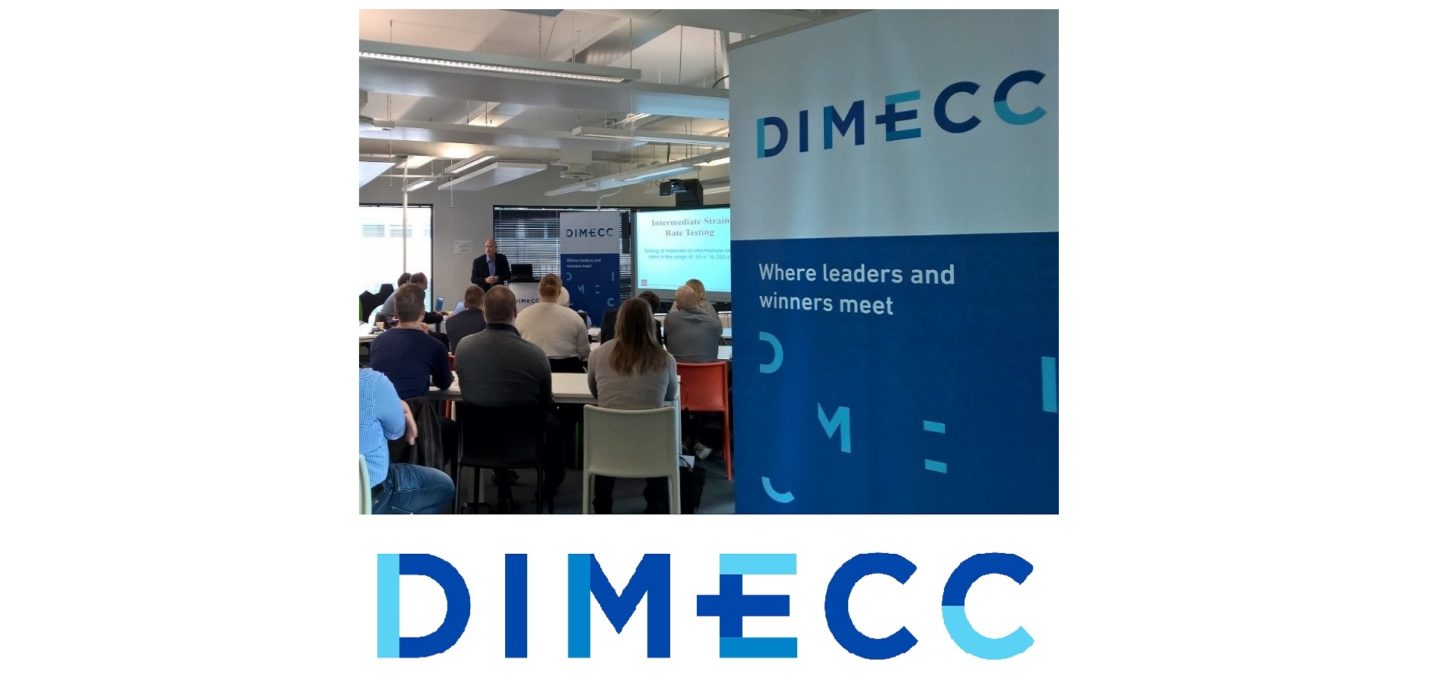
Hacking the global waste problem in Oulu
Together with Confederation of Finnish Industries (Elinkeinoelämän keskusliitto EK), Oulu Entrepreneurship Society and Alltime, Spinverse facilitated the SMEhack to solve the global problem of littering. The hackathon for SMEs took place on January 28th, 2017 in Tellus Innovation Arena at University of Oulu.









